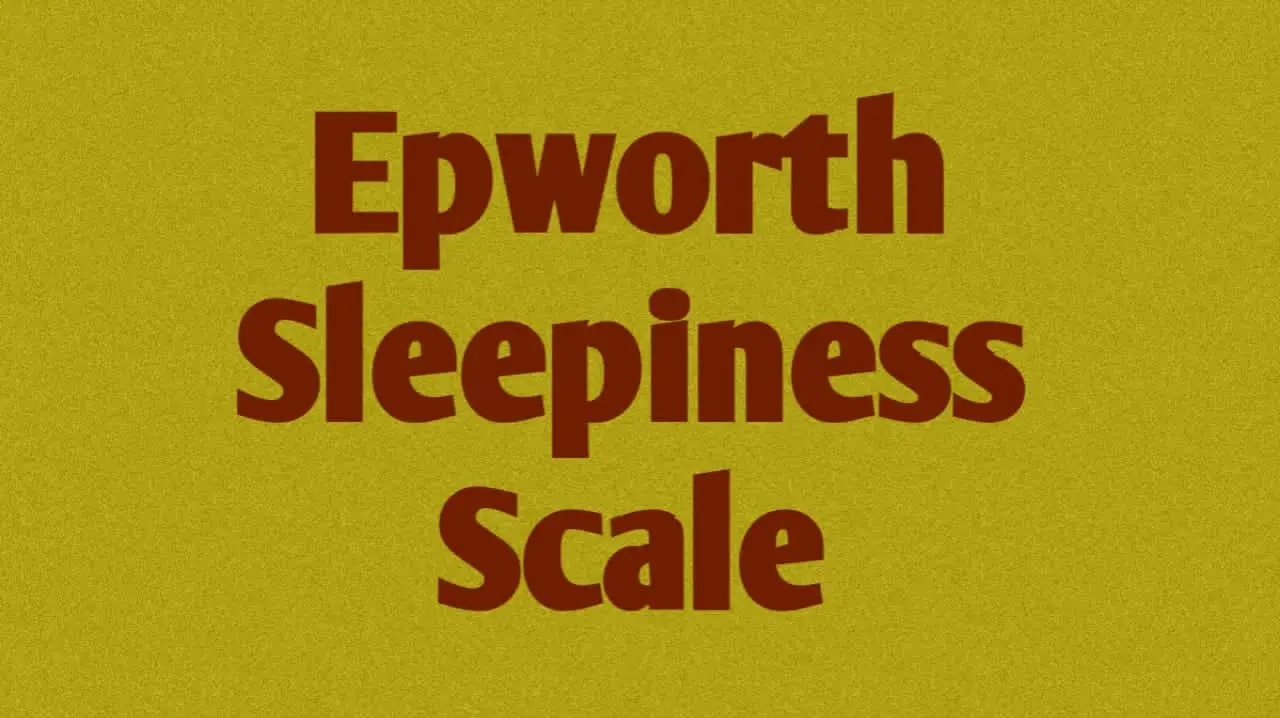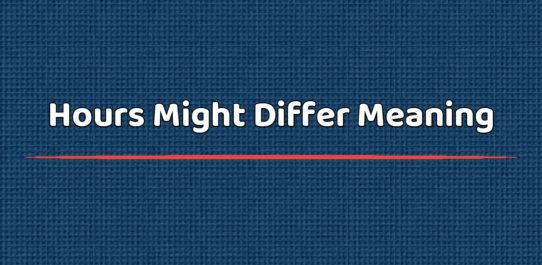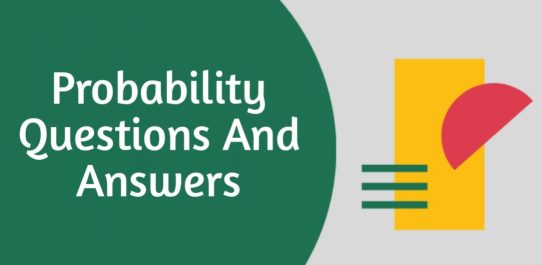Epworth Sleepiness Scale PDF Free Download
In today’s fast-paced world, getting a good night’s sleep can often feel like a luxury. Many of us struggle with sleep-related issues, and one common problem is excessive daytime sleepiness. The Epworth Sleepiness Scale is a valuable tool in assessing and addressing this concern. In this article, we’ll delve into the details of the Epworth Sleepiness Scale, its significance, and how it can help individuals improve their sleep quality and overall well-being.

What Is the Epworth Sleepiness Scale (ESS)?
The Epworth Sleepiness Scale, often abbreviated as ESS, is a self-assessment questionnaire designed to measure a person’s daytime sleepiness. It was developed by Dr. Murray Johns in 1991 and has since become a widely used tool in sleep medicine and research.
The Importance of Identifying Daytime Sleepiness
Understanding the Impact
Daytime sleepiness can have significant consequences on an individual’s life. It can affect cognitive functions, productivity, and even lead to accidents. Identifying and addressing excessive daytime sleepiness is crucial for one’s overall health and well-being.
How Does the ESS Work?
The ESS consists of eight scenarios or situations commonly encountered in daily life. Respondents are asked to rate their likelihood of falling asleep in each of these situations on a scale of 0 to 3, with 0 indicating no chance of dozing and 3 indicating a high chance of dozing. The scores from these scenarios are then summed up to determine the overall level of daytime sleepiness.
Also Read This : Ghosts Of Saltmarsh
Taking the ESS Questionnaire
The Scenarios
- Sitting and reading
- Watching TV
- Sitting inactive in a public place (e.g., a theater or a meeting)
- Being a passenger in a car for an hour without a break
- Lying down to rest in the afternoon
- Sitting and talking to someone
- Sitting quietly after a lunch without alcohol
- In a car while stopped in traffic for a few minutes
Interpreting Your ESS Score
Once you’ve completed the ESS questionnaire, you’ll receive a total score. Understanding this score is essential in assessing your level of daytime sleepiness:
- 0-5: Normal daytime sleepiness
- 6-10: Mild daytime sleepiness
- 11-12: Moderate daytime sleepiness
- 13-24: Severe daytime sleepiness
Why Is the ESS Important?
Identifying Sleep Disorders
The ESS is often used as an initial screening tool for sleep disorders such as sleep apnea and narcolepsy. It helps healthcare professionals identify individuals who may require further evaluation and treatment.
Tracking Progress
For those already diagnosed with sleep disorders, the ESS can also be used to monitor the effectiveness of treatment interventions. Regularly retaking the questionnaire can help individuals and their healthcare providers assess progress.
Conclusion
In a world where sleep is often sacrificed for the demands of modern life, the Epworth Sleepiness Scale provides a valuable means of assessing and addressing daytime sleepiness. By understanding your own level of sleepiness, you can take steps to improve your sleep quality and overall health.
FAQs (Frequently Asked Questions)
Q: Is the Epworth Sleepiness Scale a diagnostic tool for sleep disorders?
A: No, it is a screening tool. If you score high, it suggests a need for further evaluation by a healthcare professional.
Q: Can the ESS be used for children and teenagers?
A: While it was initially designed for adults, modified versions of the ESS have been developed for use with younger age groups.
Q: Are there any limitations to the ESS?
A: Yes, it relies on self-reporting, which may not always be entirely accurate. It should be used in conjunction with other assessments for a comprehensive evaluation.
Q: How often should I retake the ESS if I’ve been diagnosed with a sleep disorder?
A: Your healthcare provider will advise on the frequency of retaking the questionnaire. It often depends on the type and severity of your sleep disorder.
Click Here To Download PDF For Free








